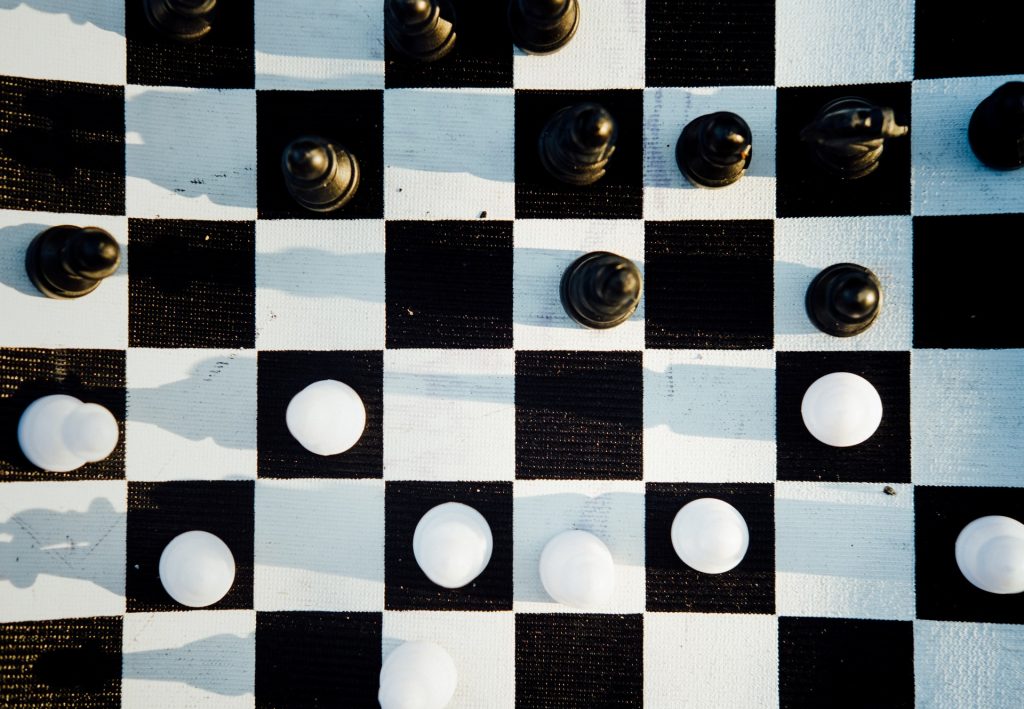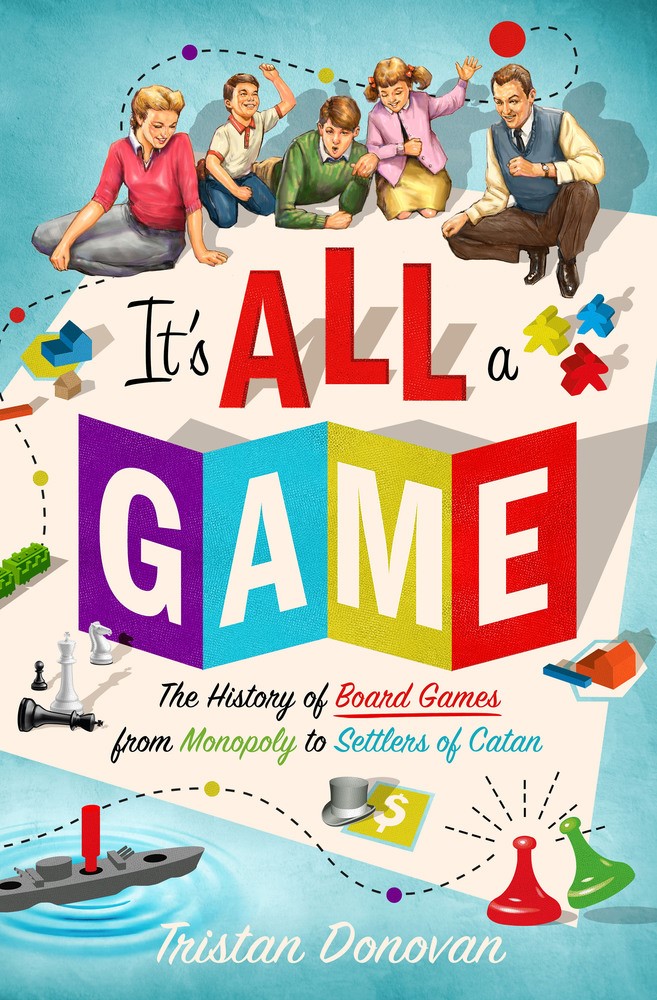The Surprising Histories Behind Your Favorite Board Games
With sales of puzzles and board games skyrocketing, CultureShift explores how board games have evolved to cater to audiences during major moments in history like the Great Depression and World War II.

In just one week last month, sales of board games and puzzles in the United States grew 228%.
It’s a sign of the times as people self-isolating at home are turning to a form of entertainment that’s been around since before we can remember, according to British journalist Tristan Donovan.
“Board games have been with us so long that it’s prehistory.” — Tristan Donovan, British games expert
Scrabble was invented during the Depression. The idea for Clue was born during a World War II blitzkrieg. Click the audio player to hear the histories of your favorite board games with games expert Tristan Donovan
In Donovan’s 2017 book “It’s All a Game: The History of Board Games from Monopoly to Settlers of Catan,” he explores the evolution of board games from a word-of-mouth, folklore tradition to a commercialized family activity beginning in the 19th century.

“For most of their existence, board games have just been something people shared amongst themselves. They weren’t products. There were no authors — everyone was the author,” says Donovan. “There’s no author of Chess, for example.”
Today, Donovan says board games have undergone a sort of renaissance and are getting a boost from COVID-19 keeping people at home.
“There was a period where video games eclipsed [board games] entirely and they seemed like yesterday’s news, but they’ve come back with new approaches to game design and an indie following that’s seeming to make a comeback,” says Donovan.
Trusted, accurate, up-to-date
WDET is here to keep you informed on essential information, news and resources related to COVID-19.
This is a stressful, insecure time for many. So it’s more important than ever for you, our listeners and readers, who are able to donate to keep supporting WDET’s mission. Please make a gift today.
